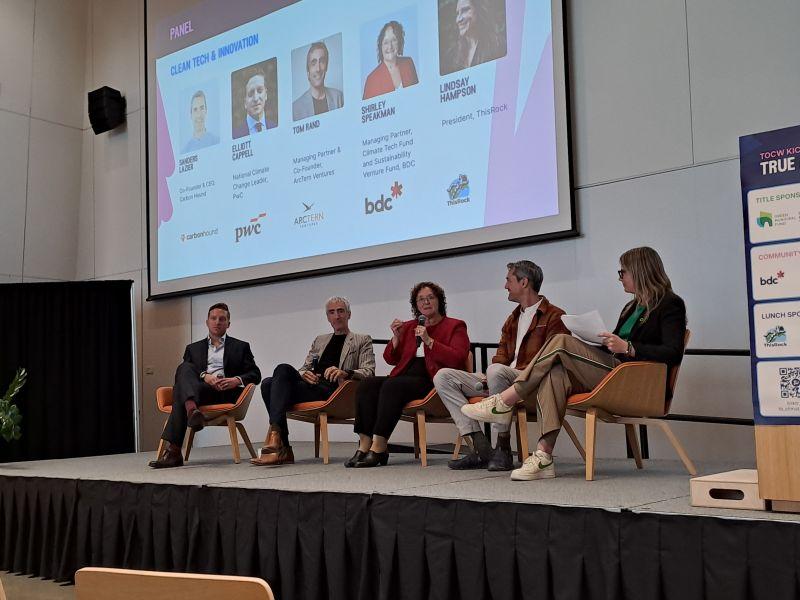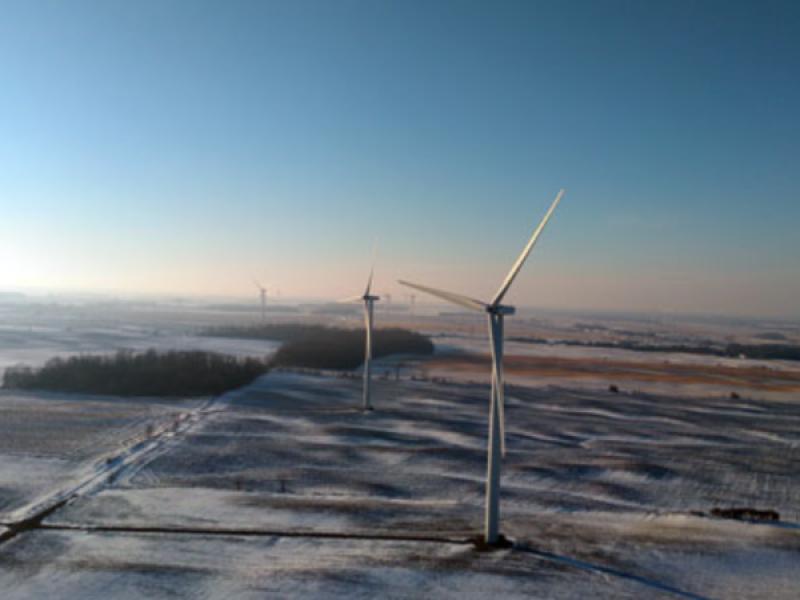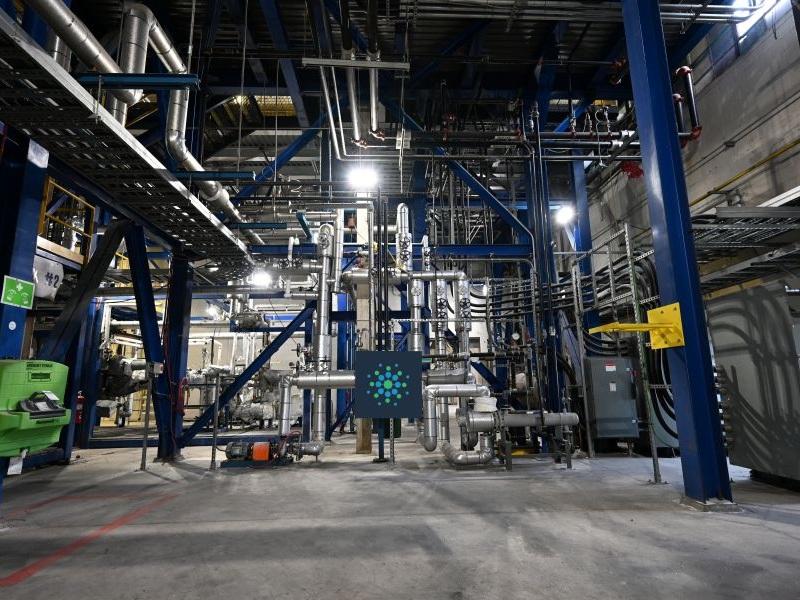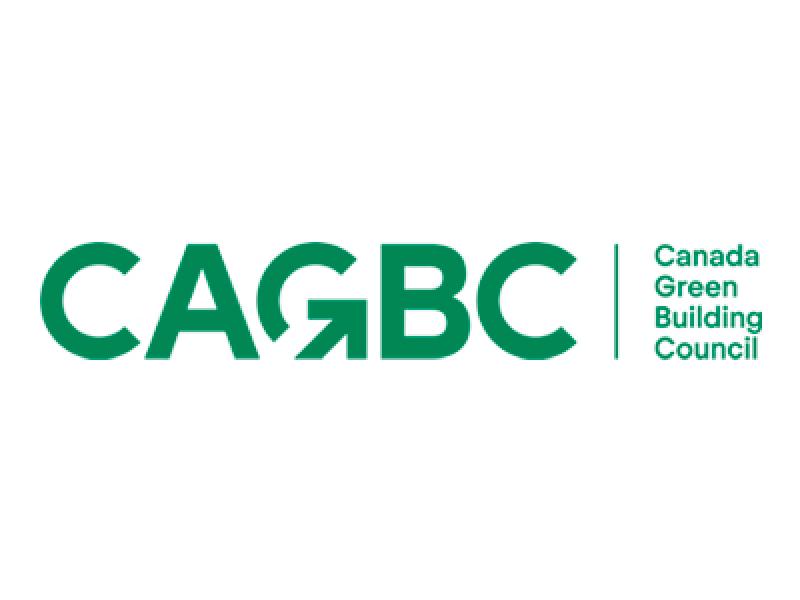
The Onvation system by Kimberley-Clark employs sensors to alert building managers and staff to the status of supplies and usage of restrooms. (Courtesy Kimberley-Clark)
Dream Office REIT’s downtown Toronto Adelaide Place is the first commercial tower in Canada to install Kimberly-Clark Professional and GOJO’s Onvation smart restroom management system.
The sensor-laden systems are designed to reduce waste, create efficiencies for building staff and identify potential problems in restrooms. Usage information is constantly being compiled and transmitted, including real-time alerts to notify staff when supplies need replenishing or an issue arises.
They’re also providing valuable additional data for building operators.
“We feel an often overlooked area in office building spaces is washrooms,” Kimberly-Clark Professional country manager for Canada Marc Mukuda told SustainableBiz. “It’s not something you often think about and it’s not sexy, but when it comes to tenant complaints nothing ranks higher than a bad washroom experience.”
Kimberly-Clark Professional has initially targeted office buildings for the systems, but Mukuda believes Onvation will also be a good fit for other high-traffic facilities, from hospitals to airports.
For Dream, one of Canada’s largest commercial real estate owners and operators, the installation is a trial run before it considers the systems for more of its properties.
“We want to see how this works at Adelaide Place first before we roll it out to other buildings,” Dream senior property manager Michael Hasko told SustainableBiz. “If you only have one cleaner in a building and there aren’t that many people on a floor, you don’t really see the return.
“In a larger floor-plate office complex with a really high density of tenants, that’s where it becomes very powerful.”
Dream and the Onvation technology
The 658,000-square-foot Adelaide Place is Dream’s largest office asset, and all 82 of its washrooms have been equipped with Onvation since November.
As a company, Dream has committed to making major new strides in sustainability, including renaming one of its investment entities Dream Impact Trust (formerly Dream Hard Assets Alternative Trust) and tightening its focus on impact investment.
While Adelaide Place is Onvation’s Canadian flagship building, it’s not the first high-profile tower to utilize the system. New York City’s World Trade Center uses the smart restroom management technology, as do buildings in several other metro markets.
Onvation’s patented smart-sensing technology senses when supplies have run out, paper jams in dispensers, and other common restroom issues, then sends real-time alerts to smart phones and computers. The smart hubs’ heat-sensing technology measures body heat and detects how many people are using a restroom.
Kimberly-Clark Professional claims the Onvation paper towel, toilet paper, soap and sanitizer dispensers reduce restroom-related complaints and work orders by up to 75 per cent and product waste by up to 80 per cent by better managing premature refills.
As an example, cleaners now generally change a paper towel roll, even if there’s still a quarter of it remaining, if they know they won’t return to that restroom again for several hours. This ensures it doesn’t run out.
Those rolls are then thrown out, which results in a huge amount of waste.
Onvation contributes to building data
The smart sensors embedded in Kimberly-Clark’s Scott and GOJO’s Purell product dispensers send data to a secure hub.
That information is then transmitted to the cloud via a secure cellular network and alerts are sent to cleaning staff for immediate facility servicing. These colour-coded alerts enable them to manage their routes more efficiently and see issues requiring immediate attention.
“It dispatches them to where they need to go, rather than just working their way through floors,” Hasko said. “From a labour perspective, it’s a lot more efficient. It’s also giving a lot more ownership of the role because they now have all of the information they need to make better decisions about allocating their time.”
A computer dashboard system acts as a central hub for current and historical data and metrics that help building operators deliver restroom user care more efficiently. This includes: comparing monthly averages and year-to-date consumption; monitoring traffic and premature refills; and seeing alert resolution rates and average response times.
Data drives efficiency and sustainability
COVID-19 has made people more aware and vigilant about washing their hands, and Mukuda thinks a heightened awareness of the washroom experience has developed.
“We initially pushed the Onvation system itself on efficiencies around waste and sustainability initiatives, but people are now looking at it more from a data perspective,” said Mukuda.
“They’re incredibly happy to get real-time data that can help them look at different components of their business, forecast when dispensers will become empty, estimate average, peak and slow times in their washrooms or in the buildings themselves, and even project usage rates up to three months in the future.”
Hasko said the paper products for the smart dispensers come in larger rolls, and therefore don’t have to be changed as often, for the same price.
Mukuda said the electronic paper towel dispensers can last approximately five years or 150,000 uses before their batteries need changing, and they’re 99.99-per cent jam-free.
Thirty Kimberly-Clark Professional representatives across Canada are being trained and educated about Onvation.
Mukuda said he would like to see it roll out to major markets across the country in 2021.







